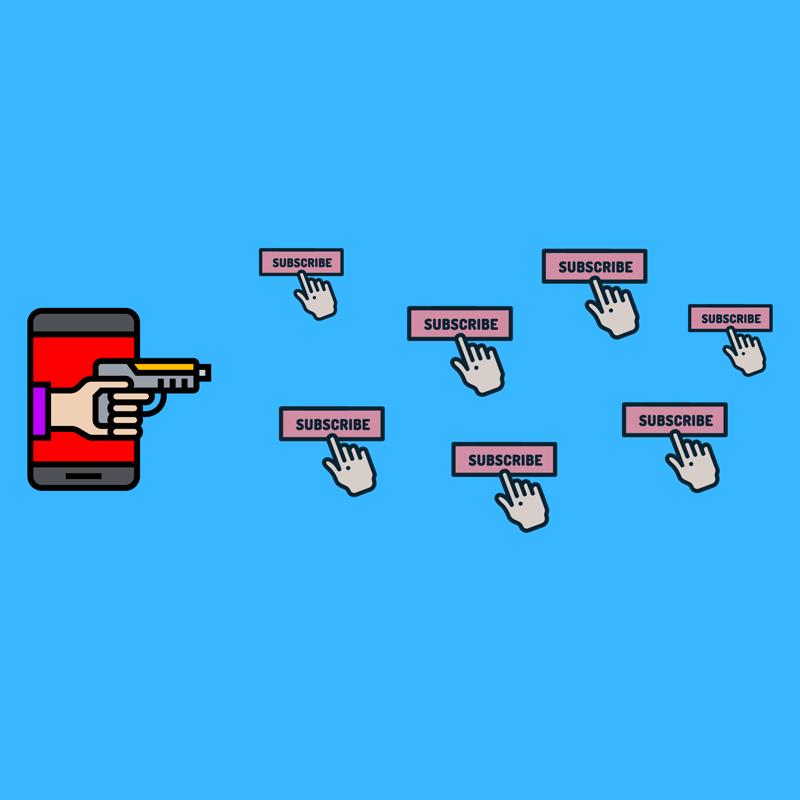
Mobile app stores allow developers to create apps, monetize and change how the ecosystem works. But not all developers are good, as some have malicious intentions.
There are malware-ridden, weird-behaving apps for example. And there are also deceptive apps that make use of loopholes in app store subscription policy. The so-called 'fleeceware' apps use deceptive language or imagery to trick users into subscriptions, which will cost the users a hefty amount of money.
To cut down the number of those apps, Google updated its policies to make Android's in-app subscription more transparent to users.
Starting on June 16, 2020, apps should be clear about the terms of their paid subscriptions and free trials.
For example, developers should make it clear to users if a subscription is required to access all of their app’s functionality in order to stop people from thinking they have to sign up just to access some basic features. They are also required to provide a transparent way for users to cancel them.
Read: Google Play Store Removes ‘Nearly 600’ Apps Because Of Violating Its Policies
Fleeceware are apps with unclear terms and offer free trials in the hopes of tricking users out of their money. Apps that trick users into signing up for costly ongoing subscriptions are not only making it into Google's Play Store, but in some cases, they’ve even entered the top charts.
This happened because malicious app developers have managed to successfully trick users by taking advantage of loopholes.
According to Google's policy about canceling, pausing, or changing subscription on Google Play, uninstalling an app will not cancel the subscription.
This simple statement means that when users install an app with subscription, simply uninstalling it won't stop the subscription from commencing. To stop the billing, users need to first cancel the subscription, then uninstall the app.
In other words, without doing this, users will have to pay the price set by the developer of the app after the trial period.

With the updated policies, Google is putting more focus on transparency.
In addition to those rules, Google Play Store is also providing more information to users directly, notifying them through email when free trials are ending or when a longer-term 3-, 6-, or 12-month paid subscription is due to automatically renew.
The checkout process has also been made more transparent, with users alerted if they delete an app with an active subscription.
Google is also reminding app developers that starting August, its updated approval process for apps require background location access.
With the move, Google is joining Apple in requiring honesty with app subscriptions.
While Google said that the move is meant to give app developers “more committed subscribers” who aren’t clamoring for refunds, this is also a not-so-subtle warning to malicious developers and scammers who want to intentionally mislead users with their offers.
With the approaches, It should be harder for them to exploit people who forget to cancel service, not to mention forcing them into signing up for services they don’t need.
Related: Researchers Discovered 32 IOS 'Fleeceware' Taking Advantage Of Careless Users